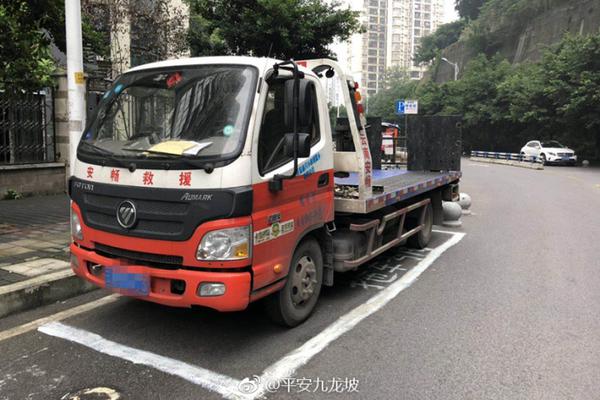中央媒体走基层|《中国日报》Yunnan sprouting into nation's 'vegetable basket'



Yunnan sprouting into nation's 'vegetable basket'
Poverty alleviation model expanded to enrich one of China's most fertile provinces
Long known for its breathtaking landscapes and ethnic diversity, Southwest China's Yunnan province is emerging as a national leader in specialty agriculture, transforming its once-impoverished rural regions into engines of economic renewal.
From sweet apples in Zhaotong to traditional cured meats in Xuanwei and leafy vegetables in Luliang, the highlands are cultivating not only crops, but also opportunities for the 88 counties in the province that have been lifted out of poverty.

Farmers pick apples at a production base of Zhaotong Chaoyue Agriculture in Zhao tong, Yunnan province. XU JING/FOR CHINA DAILY
Fruitful harvest
Perched on the Yunnan-Guizhou Plateau and located in the heartland of the Wumeng Mountains in the northeast of the province, Zhaotong was once a city with the largest impoverished population in China.
Now, it is Southwest China's largest producer of apples thanks to its low latitude, high elevation, generous sunshine and dramatic daily temperature swings. These ideal growing conditions have made Zhaotong's apples sweet, crisp and nationally recognized.
With nearly 66,700 hectares under cultivation, Zhaotong harvested 1.3 million metric tons of apples last year, generating a revenue of 15 billion yuan ($2.07 billion). The apple industry has directly benefited 138,000 households, touching the lives of over half a million residents, according to local officials.

Two farmers divide apples of various sizes into different categories at an orchard in Zhaotong in September. CHEN XINBO/XINHUA
In April of last year, apples from Zhaotong made headlines when they were included in the fresh food supply aboard the Shenzhou XVIII spacecraft.
A major individual orchard in Zhaotong's Zhaoyang district covers 6,670 hectares with 118 apple varieties, one of the largest of its kind. Yang Longjiang, director of the district's industry development center, said advanced agricultural techniques learned from New Zealand and elsewhere are yielding world-class results.
"The orchard applies dwarf root-stocks that yield fruit faster and uses an integrated drip irrigation system that can precisely deliver water and fertilizer, conserving precious resources," Yang said.
"Combined with monthly wages from working at the base, we can earn 80,000 yuan a year and live a better life," said Ding Kaiwen, a former tobacco farmer who works in the orchards with his wife. Their family also receives an annual land lease payment of 14,400 yuan.
The district's agricultural officials report that formerly impoverished households have seen average income increases of 4,800 yuan thanks to the apple boom.
Branding has also played a crucial role in the success of the local apple industry. The Zhaoyang Red, one of the region's signature apple brands, has earned 93 green food and multiple organic certifications, paving the way for exports to the United Arab Emirates, Thailand and beyond.
Premium supermarket chains such as Sam's Club and Freshippo stock Zhaotong apples, selling at 8 to 14 yuan per kilogram. Orchard tourism and fruit-picking festivals have also emerged to breathe new life into local economies.
High-tech ham
Xuanwei ham, a dry-cured specialty with a legacy dating back centuries, is another Yunnan food specialty that has found its place on the dinner tables of Chinese consumers. It sits alongside Italy's Parma ham and Spain's Iberico ham. In 2023, the pig farming and ham industry in Xuanwei generated over 18.5 billion yuan, producing nearly 70,000 tons of ham and lifting thousands of households out of poverty.

Cured meats are air-dried at a production base of local manufacturer Lap-Jon Ham in Xuanwei, Yunnan province. [Photo provided to CHINA DAILY]
Zhou Jianmei, quality control manager at leading brand Lap-Jon Ham, recalls the moment they realized tradition alone wouldn't be enough. "We knew the quality of our pigs was top-tier, but our production chain lagged behind Europe. So we went there to learn."
Inspired by European models, Lap-Jon Ham invested 360 million yuan into advanced facilities, importing Italian fermentation systems and automating the aging process to allow year-round production.
A modern factory capable of producing 3,200 tons of premium ham annually has been built, alongside salami and ham-filled pastries. Last year, the company reported an output value of 478 million yuan and created over 600 local jobs.
"We learned from the refined, standardized production processes abroad and adapted them to the unique characteristics of Xuanwei ham," Zhou said.
According to government data, over two-thirds of Xuanwei's 330,000 rural households are involved in pig farming. Their average incomes rose by 28,100 yuan in 2023, while 36,000 families previously living in poverty saw an average annual increase of 4,300 yuan.
Six "ham manors" in the city have further boosted income for 2,800 households and created more than 500 jobs, with average monthly wages hitting 4,500 yuan.
Zhou said the primary challenge now is popularization. While beloved in parts of southern China where cured meat has long been a traditional delicacy, Xuanwei ham remains unfamiliar in the country's north.
"When you mention 'ham' in the north, many people still think of processed sausage," she said, adding that better awareness among Chinese consumers in the future is expected to expand the market.
Leafy ambitions
The agricultural reinvention of Yunnan extends to the vast, fertile plains of Luliang county in Qujing, the largest flatland on the Yunnan-Guizhou Plateau.

A farmer harvests Chinese broccoli at a plantation in Luliang, Yunnan province, in January last year. WANG YONG/FOR CHINA DAILY
The unique geography and climate of the county in the east of the province have made it an agricultural powerhouse, and the thriving vegetable industry is feeding cities across China and reaching tables as far away as Dubai.
With 6,000 hectares of cultivated land yielding 2.45 million tons of vegetables in 2023, Luliang generated 7 billion yuan, nearly half the county's total agricultural output.
The region has an average annual temperature of 15.2 C, a frost-free period of 335 days, fertile soil and abundant water resources, making year-round production of vegetables possible.
"Thanks to these favorable natural conditions, we can grow a wide variety of fresh, eco-friendly vegetables all year round," said Zhang Raofang, deputy director of Luliang's agriculture and rural affairs bureau.
Italian lettuce, romaine, napa cabbage and Shanghai bok choy are among the stars of the leafy industry. About 93 percent of its harvest is shipped to markets from Beijing to Dubai, Zhang said.
Advanced infrastructure has contributed to the success of the industry. Home to Southwest China's largest cold-chain logistics park, the county dispatches 10,000 tons of vegetables daily, serving the Guangdong-Hong Kong-Macao Greater Bay Area and elsewhere. In 2023, its import-export vegetable trade reached $5.16 million, a 237 percent year-on-year increase.
"The lettuce grown here is thick, crisp and of excellent quality," said Zhang Zixiong, chairman of Yunnan Yuanheng Agricultural Development Corp. His company manages 180 hectares and works with local farmers on another 1,333 hectares.

Farmers reap seasonal vegetables in a field in Luliang in May. WANG YONG/XINHUA
The company recently expanded its export markets to Southeast Asia and the Middle East and has hired young college graduates majoring in foreign languages to help manage its business overseas.
Huang Hongdong, a major vegetable producer in the county, cultivates 6.67 hectares of Chinese arrowhead (Sagittaria sagittifolia), an aquatic tuber known as cigu in Chinese. "Half of our products now go to Malaysia. They really value the taste and quality," Huang said.
The vegetable industry employs 210,000 people in Luliang, from planting and processing to packaging and transport, boosting average household incomes by over 28,000 yuan a year, according to Zhang from the agriculture bureau.
As demand for safe, high-quality vegetables grows, Luliang is playing a greater role in both China's national "vegetable basket" and the global food supply chain, he added.
This year marks the final stage of a five-year transition period aimed at consolidating the gains made in poverty alleviation and ensuring a seamless shift toward rural vitalization.
By cultivating high-quality agricultural specialties and expanding access to broader markets, residents in some of Yunnan's formerly poor regions have not only emerged from poverty but are embracing sustainable opportunities for long-term improvement in their lives.
来源:中国日报


(责任编辑:时尚)
-
 软件园二期中软海晟卷烟事业部,女程序员饶丽娟(左二)在和同事商讨问题。程序员平日里需要阅读大量与程序相关的书籍,以应对飞速发展的网络时代。软件园二期中软海晟技术管理部,程序员正在编程,看似枯燥但他们乐
...[详细]
软件园二期中软海晟卷烟事业部,女程序员饶丽娟(左二)在和同事商讨问题。程序员平日里需要阅读大量与程序相关的书籍,以应对飞速发展的网络时代。软件园二期中软海晟技术管理部,程序员正在编程,看似枯燥但他们乐
...[详细]
-
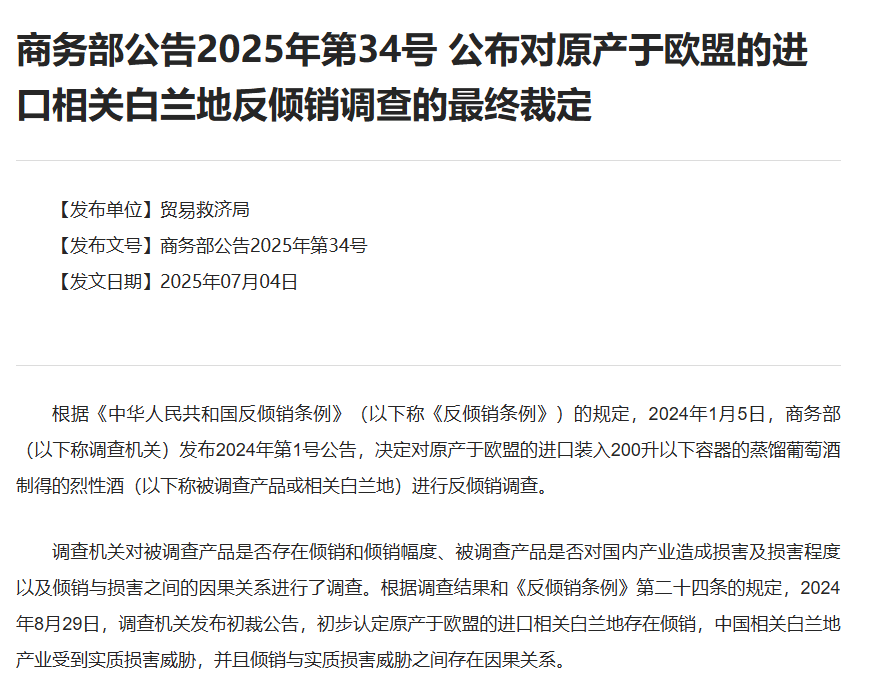 摘要: 对欧盟白兰地征收反倾销税,但34家以价格承诺换豁免,覆盖约90%法国出口至中国的干邑数量
...[详细]
摘要: 对欧盟白兰地征收反倾销税,但34家以价格承诺换豁免,覆盖约90%法国出口至中国的干邑数量
...[详细]
-
 青少年编程比赛现场 见习记者 庄紫怡 摄东南网7月7日讯福建日报见习记者 庄紫怡 记者 吴洪)4日,第四届海峡两岸万寿岩)科技周暨第十六届海峡两岸三明)少儿美术大展在三明市万寿岩国家考古遗址公园举行。
...[详细]
青少年编程比赛现场 见习记者 庄紫怡 摄东南网7月7日讯福建日报见习记者 庄紫怡 记者 吴洪)4日,第四届海峡两岸万寿岩)科技周暨第十六届海峡两岸三明)少儿美术大展在三明市万寿岩国家考古遗址公园举行。
...[详细]
-
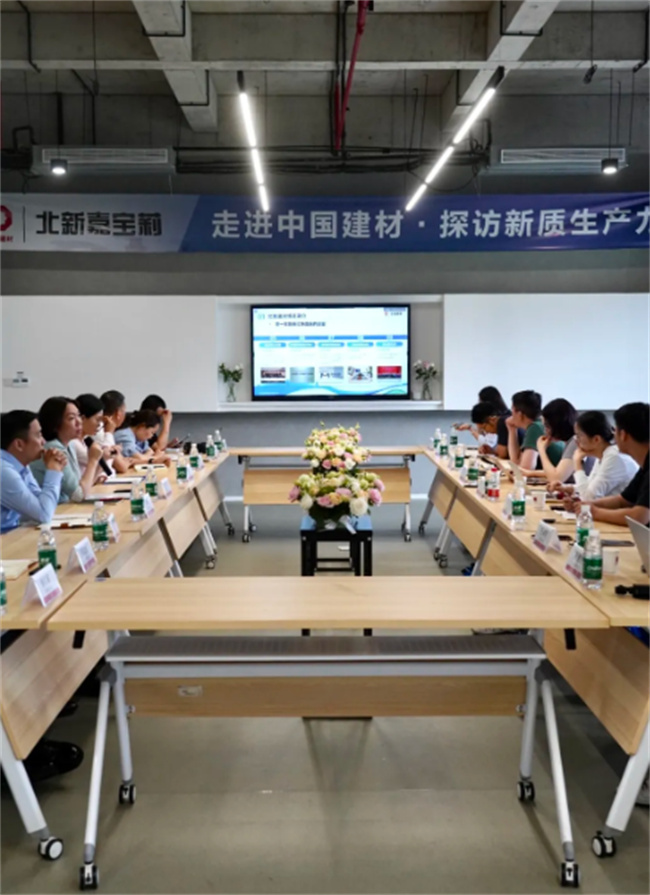 【建材网】央媒走进嘉宝莉 探访新质生产力6月26日,新华社、科技日报、中国新闻网、CGTN等11家主流媒体走进北新嘉宝莉,深入探访安徽明光工厂,全面观摩智能制造,亲身感受以涂料产业为代表的新质生产力如
...[详细]
【建材网】央媒走进嘉宝莉 探访新质生产力6月26日,新华社、科技日报、中国新闻网、CGTN等11家主流媒体走进北新嘉宝莉,深入探访安徽明光工厂,全面观摩智能制造,亲身感受以涂料产业为代表的新质生产力如
...[详细]
-
 罗定:绿肥还田打造稻香循环生态 | 科学施肥增效技术田讲所_南方+_南方plus岭南春来早,播种正当时。当前是春耕备耕的关键时节,全省各地陆续开展春耕行动。3月17日,在旋耕机和插秧机的轰鸣声中,广东
...[详细]
罗定:绿肥还田打造稻香循环生态 | 科学施肥增效技术田讲所_南方+_南方plus岭南春来早,播种正当时。当前是春耕备耕的关键时节,全省各地陆续开展春耕行动。3月17日,在旋耕机和插秧机的轰鸣声中,广东
...[详细]
-
2021银行存款利率调整前后利息差别大吗?前后利息差别是多少?
 2021年6月21号,我国银行定期存款利率有了很大的调整,采用了“基准利率+上浮基点”的存款利率报价方式,告别了之前的“基准利率×1+上浮利率%)&rd
...[详细]
2021年6月21号,我国银行定期存款利率有了很大的调整,采用了“基准利率+上浮基点”的存款利率报价方式,告别了之前的“基准利率×1+上浮利率%)&rd
...[详细]
-
 7月15日,汉阴县乡村文化旅游人才讲解员首期技能培训班在县职教中心正式开班。此次培训聚焦汉阴县深厚文化底蕴与特色旅游资源禀赋,充分整合资源,精准设置课程内容,邀请文旅行业资深指导老师授课,内容涵盖汉阴
...[详细]
7月15日,汉阴县乡村文化旅游人才讲解员首期技能培训班在县职教中心正式开班。此次培训聚焦汉阴县深厚文化底蕴与特色旅游资源禀赋,充分整合资源,精准设置课程内容,邀请文旅行业资深指导老师授课,内容涵盖汉阴
...[详细]
-
 东南网7月16日报道福建日报记者 许可欣 通讯员 廖敏恺 吴艺红)“上个月街道工作人员来我家登记了解情况,前段时间我的卡上就多了一笔钱,是民政部门把高龄津贴打到卡上了!”近日,
...[详细]
东南网7月16日报道福建日报记者 许可欣 通讯员 廖敏恺 吴艺红)“上个月街道工作人员来我家登记了解情况,前段时间我的卡上就多了一笔钱,是民政部门把高龄津贴打到卡上了!”近日,
...[详细]
-
 “电商平台+产业带”被表扬!商务部发布1-2月电商发展情况_南方+_南方plus近日,商务部官网发布2025年1至2月我国电子商务发展情况。今年前两月我国电商行业内生动力、创新潜力、开放活力不断释放,
...[详细]
“电商平台+产业带”被表扬!商务部发布1-2月电商发展情况_南方+_南方plus近日,商务部官网发布2025年1至2月我国电子商务发展情况。今年前两月我国电商行业内生动力、创新潜力、开放活力不断释放,
...[详细]
-
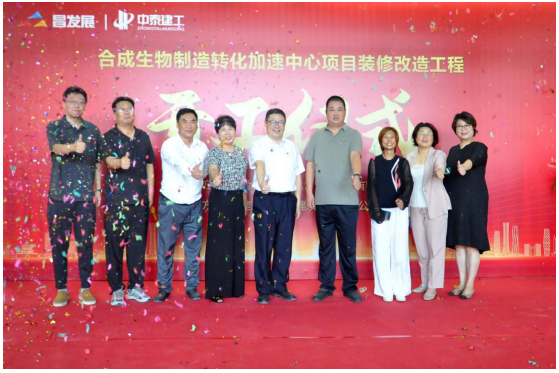 昌发展合成生物制造转化加速中心开工仪式举行 2024-08-05 10:21 · 生物探索 近日,昌
...[详细]
昌发展合成生物制造转化加速中心开工仪式举行 2024-08-05 10:21 · 生物探索 近日,昌
...[详细]

 镀膜玻璃产品种类与特点 镀膜玻璃产品的生产方法,行业资讯
镀膜玻璃产品种类与特点 镀膜玻璃产品的生产方法,行业资讯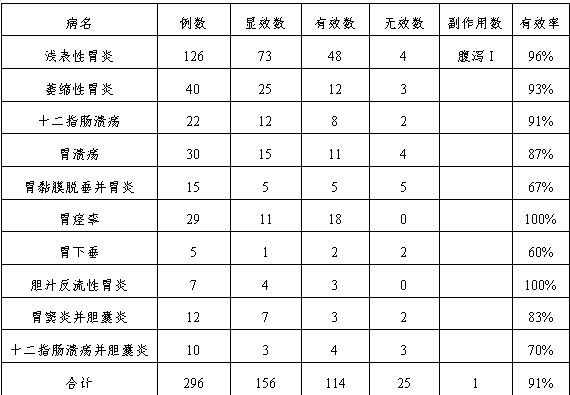 胃肠病中西医治疗结硕果,温胃降逆颗粒显著降低胃肠不良反应!
胃肠病中西医治疗结硕果,温胃降逆颗粒显著降低胃肠不良反应! 宁德:在具有福建特色的共富路上走前头
宁德:在具有福建特色的共富路上走前头 今日股市复盘总结 6月23日股市复盘行情
今日股市复盘总结 6月23日股市复盘行情 泉州企业退休人员基本养老金十五连调
泉州企业退休人员基本养老金十五连调
